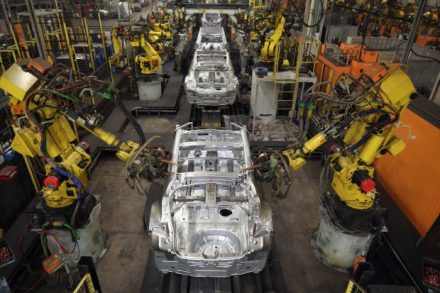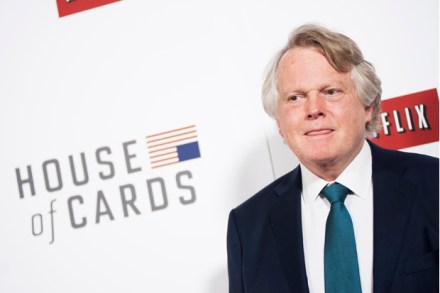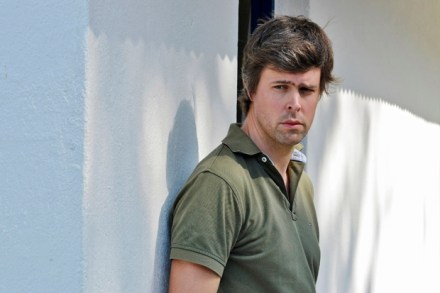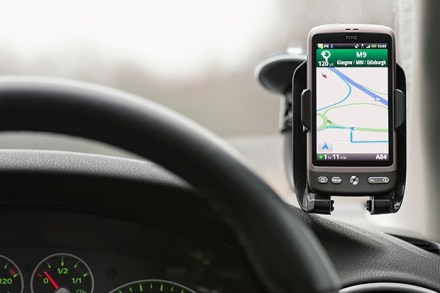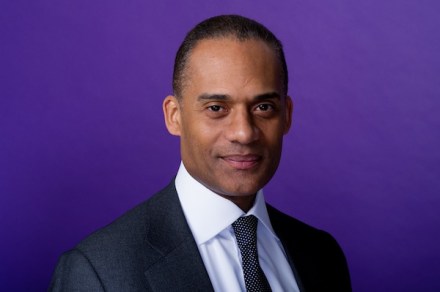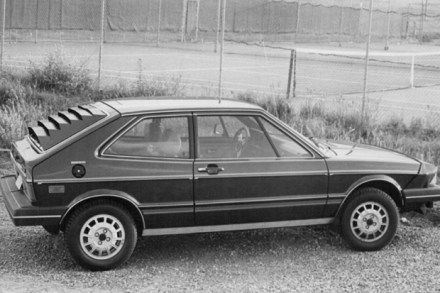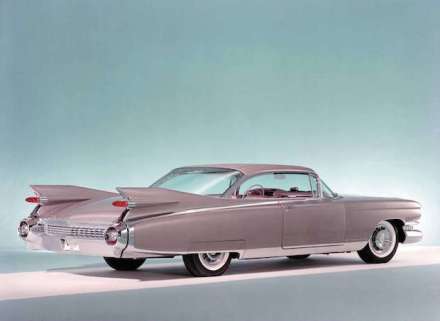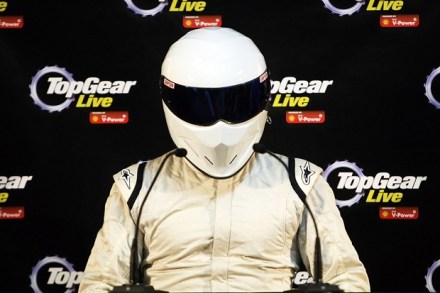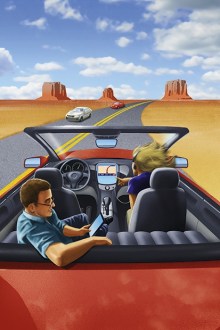In praise of the banger: Why it’s time for Brits to stop splashing out on new cars
Last week, visiting friends in Italy, I had an epiphany in two car journeys. The first ride was in a spiffy-looking new Fiat 500 I’d rented. I’d been excited about driving this pretty update of a classic Italian design. Yet the brand new cinquecento was wheezy even as I drove it off the airport, and arthritic on the autostrada, petulantly ignoring my demands on the accelerator even as I bullied it with gearbox and clutch. Challenged by the steep ascent to a hilltop trattoria, it sputtered to a halt and demanded the eviction of two of my passengers (my hosts; a faux pas). This was a voyage of shattered dreams.
